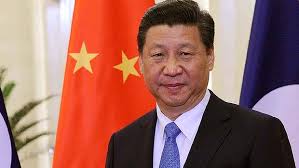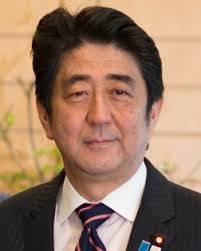
Chinese economic growth in the third quarter of this year fell to its lowest level since the global financial crisis in 2009. Nevertheless, the results from the third quarter were better than expected, although this will do little to alleviate the concerns over the potential for an accelerated economic slowdown in China in the coming months. This is due to the fact that, while China’s GDP growth rate was higher than expected last quarter, most other economic data coming out of China shows that the world’s most-populous country is in the midst of a worsening economic slowdown. Given China’s role as the key driver of growth for the global economy, this slowdown is having an impact well beyond China’s borders and has already caused severe hardships for economies around the world, comments ISA the Chineese Economy in an October letter. .
Mixed Chineese Results
China’s economy expanded by 6.9% year-on-year in the third quarter of 2015, slightly above our forecast GDP growth rate of 6.8% for that period. This follows back-to-back 7.0% GDP growth rates in the first two quarters of this year. Moreover, this was the lowest rate of GDP growth in China since the 6.2% GDP growth rate that was recorded in early 2009 at the height of the global financial crisis. Furthermore, this represented the 11th consecutive quarter in which Chinese economic growth was below 8%, a far cry from the double-digit economic growth rates that China used to achieve on a regular basis. Of course, Chinese GDP data has to be taken with a grain of salt, as most economists believe that that actual growth rates achieved in China are not those that the government releases. In fact, it appears that the Chinese is not looking to artificially boost economic growth rates, but rather to smooth them, eliminating both the spikes and the falls in economic growth in orderto give the impression that Beijing is in full control of the vast Chinese economy.
Understanding China’s Slowdown
While China’s GDP growth data implies that the country’s economy is slowing at a controlled pace, other economic data suggests that the Chinese economy is struggling. For example, manufacturing output growth in China continued to slow in recent months, failing repeatedly to meet government targets. Moreover, Chinese trade data was also worrying, with imports into China continuing to decline at an accelerating pace in recent months and with export revenues also declining, albeit at a less dramatic pace. On the other hand, the shift in the focus of the Chinese economy away from the dominance of manufactured exports and towards more consumption by Chinese consumers continued in recent months. This can be seen in the fact that retail sales in China continue to grow by more than 10%, partially offsetting thestruggling manufacturing sector and helping to prevent the Chinese economic growth
slowing at an ever greater pace.
China’s Global Impact
This continued slowdown in China is having a massive impact, both inside China and around the world. Internally, confidence levels are on the decline and this could lead to more stock market volatility in the coming months as well as lower investment levels inside China. This will add to the already considerable pressure being placed on the Chinese government to do more to stimulate the economy. However, the government has already made major increases in public spending in recent months and may be hesitant to further ramp up government spending in the coming months. The impact of China’s slowdown is also being felt around the world, particularly as the Chinese
economy is forecast to contribute between 20% and 25% of total global economic growth over the next five years. Already, commodity-exporting economies have been hit hard by the fall in commodity prices resulting from lower levels of demand in China. Moreover, manufacturing exporters such as South Korea, Japan and Germany have been hit hard by the slowdown in demand in China, highlighting the extent of China’s economic influence around the world. As a result, China’s economic struggles are adding to the uncertainty that is already in place for the global economy, signaling that lower growth rates for the global economy may be in store, reports ISA in their October-letter.





Pingback: Nordic NewsOver hundre selskaper i skatteparadis • Nordic News